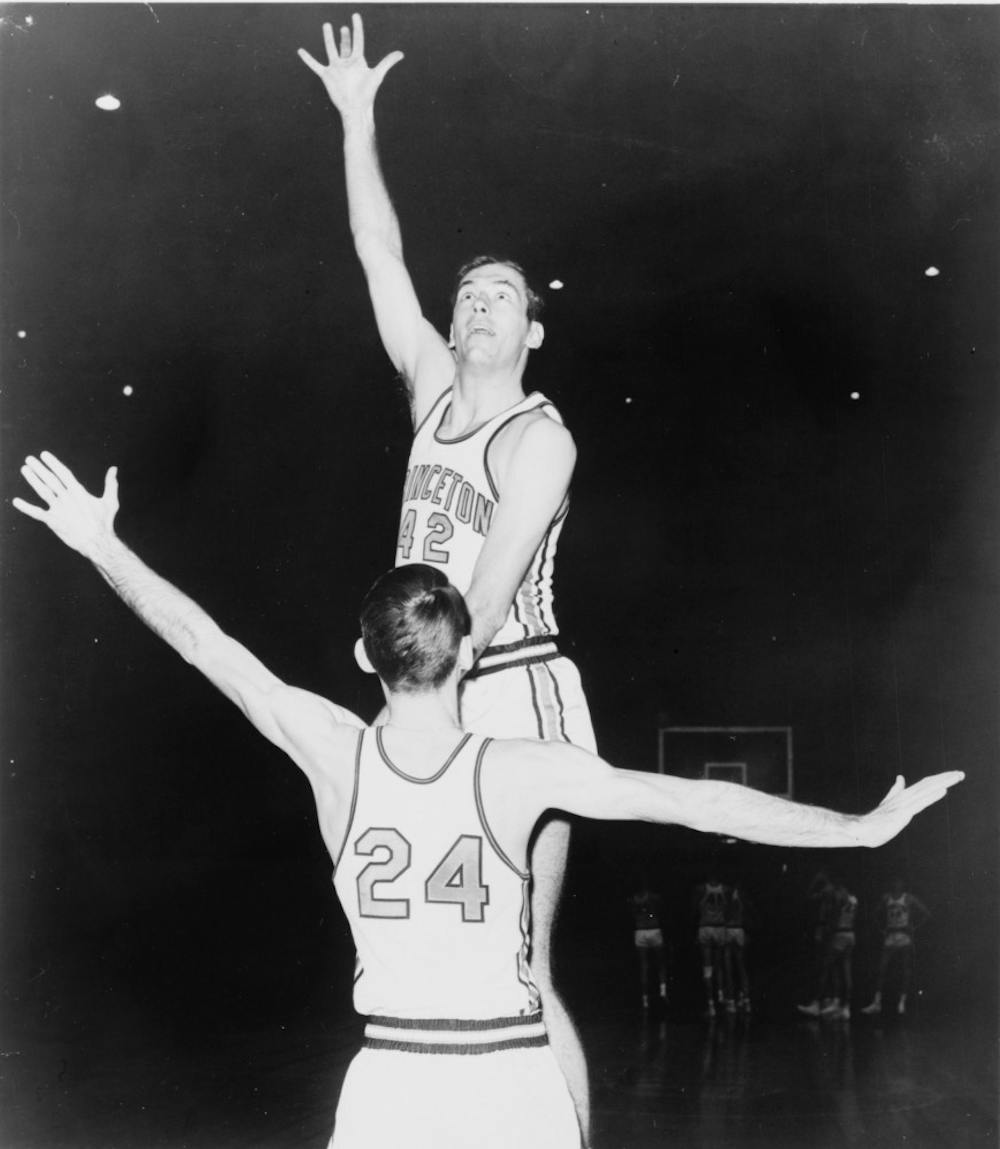Bill Bradley ’65 is a former University basketball star, Olympic gold medalist, Rhodes Scholar, U.S. Senator for New Jersey, and Democratic presidential candidate. The ‘Prince’ sat down to interview Bradley while he was on campus for an event to celebrate a second large donation of Bradley's own documents to the University.
The Daily Princetonian: Could you talk about what the Oral History Project means to you, and what might be included in it that wasn’t already donated to Princeton?
Bill Bradley: All of my media shows will go in; I have nearly 500. And, there are a lot of papers that I’ve kept out that I’m going to donate. The main point today was not only the things that will be added, but the change of title, the ‘gift.’
DP: As someone who was deeply involved in both professional athletics and politics, what are your thoughts on the recent trend of athletes becoming more politically active, [such as Colin Kaepernick and Seth DeValve]?
BB: I think that they are citizens too, and that they should follow their convictions. In some cases, these athletes have a following, and I think that people have to do what they believe is the right thing, but not expect that they are necessarily going to change the world. They are famous for being athletes, and sometimes, they try to transfer that and it doesn’t succeed, though sometimes it does. So I think we will all have to wait and see.
DP: Given that your first career was in athletics, how did you manage to transition from professional athletics to politics?
BB: I had been going out to campaign for people from 1972 to 1978. When I was a basketball player, I’d often go campaigning for people in New Jersey because I was well known and would draw people to events. Because I was on TV on Wednesday nights for Knicks games, I might get 300 people in the room for an event as opposed to 50, but that meant I could either succeed or fail at that meeting.
DP: When we interviewed you at your 50th reunion, you gave advice to current students on how they should be politically active. What, in particular, would you say that people and parties can do to reengage the large portion of the electorate that feels disenfranchised or disillusioned?
BB: I think that you have to speak to people where they live their lives. You have to show respect for people. You have to tell them stories that they can see themselves in. That you can do with anybody. I used to say that, when I went before an audience, I knew that they would disagree with me on something, right? But what was I going to find in that audience that would create a vibe, what would be the connection? Sometimes it might be a story, sometimes it might be a position on taxes, sometimes it could just be the fact that you’re listening to them. That’s the most underrated skill in America, and it’s something that our current president knows nothing of.





